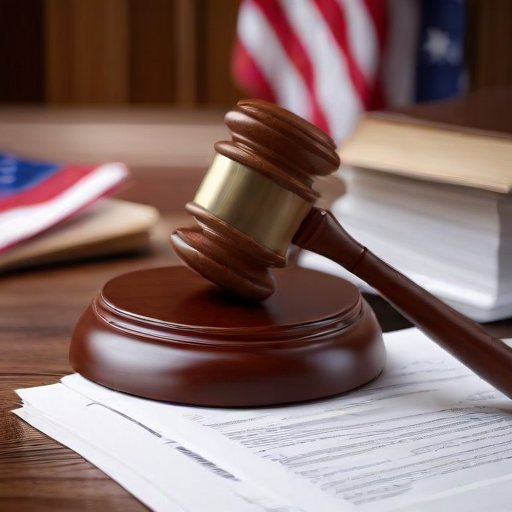The judge presiding over Donald Trump’s election interference case has dismissed the charges, following a request from Special Counsel Jack Smith. This motion was based on a long-standing Justice Department policy prohibiting the prosecution of a sitting president. While Smith moved to dismiss not due to the lack of merit in the charges, but to adhere to the Department of Justice’s understanding of presidential immunity, he simultaneously sought to continue the appeal against two of Trump’s co-defendants in a separate classified documents case.
U.S. District Court Judge Tanya Chutkan ruled to dismiss the election interference charges against Trump without prejudice, allowing for the potential of future prosecution, although it is crucial to note that the likelihood of this occurring is significantly diminished due to the statute of limitations on the alleged crimes.
Judge Chutkan remarked that the dismissal without prejudice is appropriate and would not harm public interests, aligning with the argument that a president’s immunity is temporary and ends once they leave office. Trump’s legal team did not oppose the dismissal, reinforcing the notion that the government’s stance on prosecutorial immunity is categorical.
The significant aspect of the dismissal highlights an extraordinary moment in U.S. history, where a federal indictment against a private citizen is in process while that individual becomes president. Smith’s motion to dismiss underlines a critical examination of the implications of this unprecedented situation, emphasizing a commitment to maintaining the rule of law.
In Trump’s election interference case, he has pleaded not guilty to federal charges aimed at overturning the 2020 election results through various means, including enlisting fake electors and making false claims about election fraud. Smith previously adjusted the charges in light of a Supreme Court ruling on presidential immunity, further complicating the legal landscape.
As the legal proceedings unfold, Smith faces imminent deadlines, including a requirement to submit a final report to Attorney General Merrick Garland before the upcoming inauguration. This report is subject to a classification review, which can be time-consuming, heightening the urgency of the ongoing investigations.
While the dismissal of the election interference case may seem like an end to a contentious chapter in American politics, it invites a broader conversation about accountability and the intersection of law and political power. The future will reveal how these events shape the political landscape and the commitment to upholding democratic principles.
This situation underscores a moment of both challenge and opportunity for American democracy, as it navigates complex legal and ethical waters. The commitment to transparency and accountability will be crucial in fostering public trust and unity in the times ahead.
